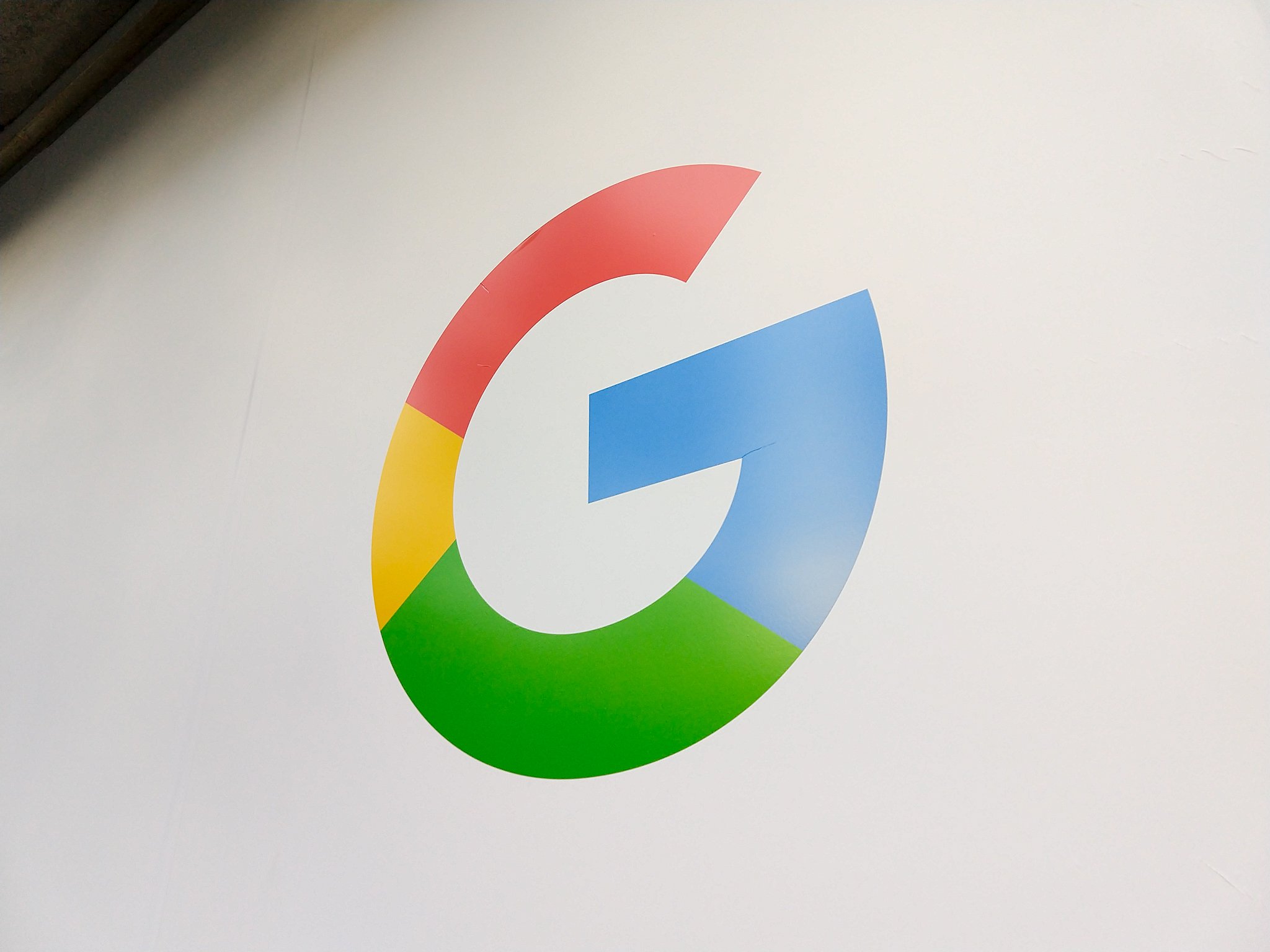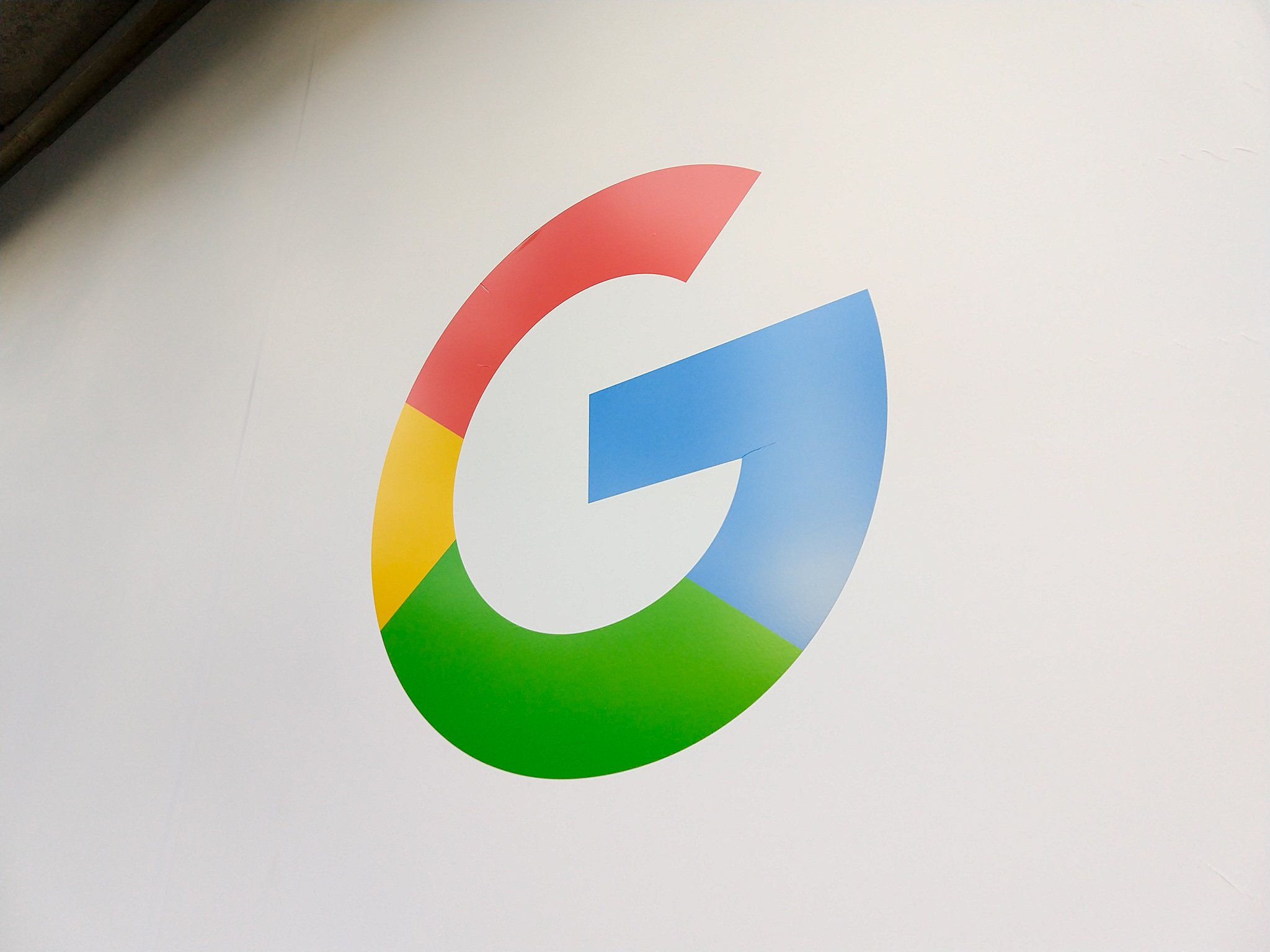Google to play the long game, will start playing nice with Microsoft Office
Its upcoming enterprise messaging app will likely also work with the Office suite.

All the latest news, reviews, and guides for Windows and Xbox diehards.
You are now subscribed
Your newsletter sign-up was successful

What you need to know
- Google's Cloud division will reportedly start playing nicer with Microsoft Office.
- As per a new report, it hopes to entice customers into the G Suite ecosystem on a piecemeal basis, instead of signing contracts that move an organization's entire pipeline over.
- The Slack competitor it's working on will also integrate with Microsoft Office better.
Google's hired Microsoft's former head of strategy to lead up its own G Suite wing, and it's starting to show in how the Mountain View giant looks at its competitors in the productivity space.
Much like Microsoft's own shift to a more platform-agnostic, we'll-work-with-everyone attitude following Satya Nadella's taking of the helm, former Microsoftie Javier Soltero is pushing G Suite to play nice with its competitors, namely Microsoft Office.
As a result of the change in strategy, Google will now start allowing organizations to move over to G Suite at a departmental level, instead of signing giant contracts that require the organization's entire pipeline to make the switch. In addition, G Suite will now be marketed as something that co-exists alongside Microsoft's software, instead of something that necessarily supersedes it.
The hope, taken right out of Nadella's new playbook for Microsoft, is that doing so will allow customers to become used to G Suite gradually, and help make the transition from the Office suite less daunting.
As evidence of this slow-burn strategy, Business Insider's sources claim the new messaging app under the wraps at Google's offices will integrate well with Microsoft's apps like Word, Excel, and so on, much like Slack or the Redmond giant's own Teams.
And it's not just Microsoft that's the beneficiary of this go-along-to-get-along revolution at Google Cloud. G Suite will also feature integrations with other services like Slack and Cisco WebEx in pursuit of this "Trojan horse" strategy, which Google hopes will yield much greater returns in the long run.
Open-source with a hint of exclusivity is, after all, how Google's been able to subdue Microsoft in both mobile and web technologies. So, why not try it in the enterprise, too?
All the latest news, reviews, and guides for Windows and Xbox diehards.
Microsoft shows Google some love, ports Edge feature to Chrome

Muhammad is a Former Contributor for Windows Central.
